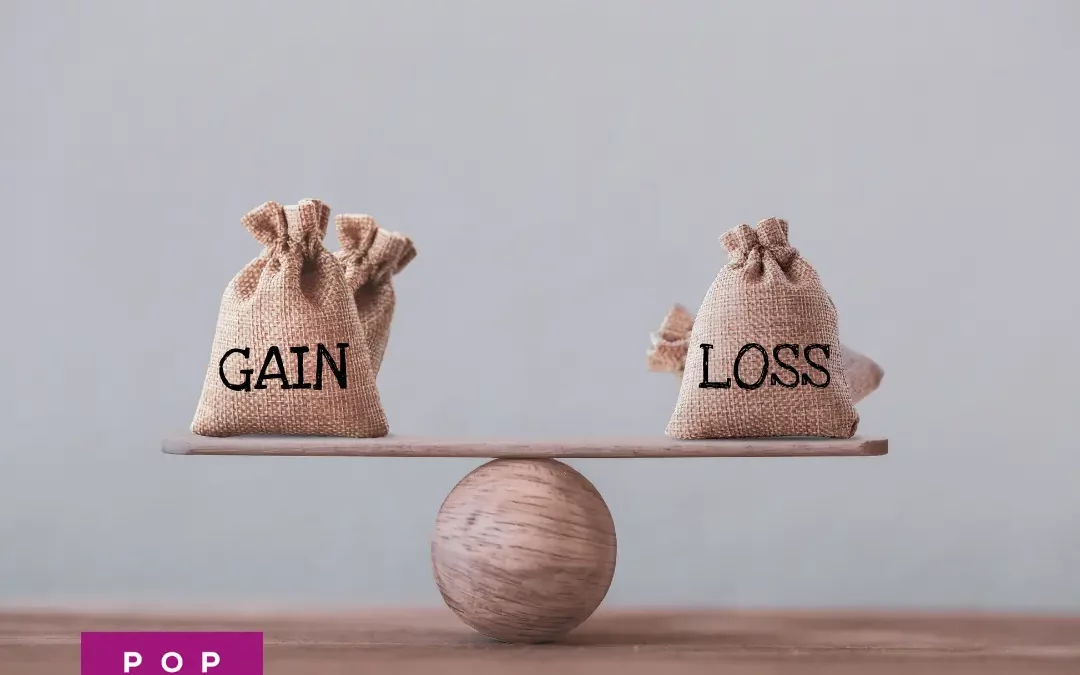Which of these eating habits apply to you?
1. Stress eating
2. Emotional eating
3. Feeling out of control around certain foods
4. Binge episodes
5. Over indulgences on nights and weekends
I’m guessing every single person is at least 1 for 5.
Most common answer is likely 3 for 5.
And, I’m sure many of you are like me if you would’ve asked me this question a few years ago … 5 for 5.
You know what’s interesting …
I still have plenty of moments.
Sometimes I emotionally eat.
Sometimes I eat (and throw back a couple drinks) due to stress.
Sometimes I go HAM on some cookies.
But, it’s totally different than how it used to be.
The binge cycle doesn’t control me anymore.
Before, I felt directionless.
Like every single episode was a massive setback and I was an epic failure who would never achieve his goals.
I would wallow. I’d feel bad for myself. I’d blame myself.
I’d vow for it to never happen again and would try to deprive myself even more.
It kept happening.
Now, it barely registers.
I’m aware when it happens and most of the time it’s a conscious choice.
I don’t dwell.
I don’t worry about my long term results.
I move on and keep living my life.
It was quite the journey to get to this point.
I could bore you with the long and arduous path that I took to get here.
But I prefer actionable advice.
I don’t want you to take my path because it wasn’t pretty.
And, you’ve got your own journey to worry about.
So, let’s break this down into 5 things you can do right now to break the cycle.
Notice I didn’t say “never binge again” or “stop emotional eating for good.”
That’s not the objective.
We simply are trying to break the cycle, the frequency, and how you respond when it does happen.
How to stop the binge cycle
Here we go …
1. Make sure you’re eating enough.
Who could’ve guessed this was going to be number 1?
If not, you haven’t been following me very long 😉
Living in a perpetual calorie deficit will lead to more binges, over indulgences, stress eating, and emotional eating.
Why?
Because you are depriving your body of much needed energy.
Not to mention the impact on your mood (neurotransmitters) and the fact that your willpower is consistently drained.
The first step is always to give your body what it needs.
Start there and watch how much changes.
2. Interrupt the pattern.
Most of these actions come from a place of mindless behavior.
It’s an immediate reaction to an emotion or situation.
There’s not much (if any) conscious thought involved.
Especially if this behavior pattern has been repeated for years (or decades).
Once the trigger happens, the behavior happens automatically.
So, we must interject.
A simple pause can be extremely powerful in bringing you to conscious choice.
Take a moment before following through with the behavior.
Pause and count to 5 out loud.
Then proceed.
Ask Mel Robbins how powerful the 5 second count can be. 😉
It activates your prefrontal cortex and at least you’re making a decision vs. mindlessly doing something.
3. Change your environment.
Another powerful pattern disruptor.
This can be executed in two different ways.
First, you can change your environment in the moment.
Like, when you’re about to engage in the behavior, you walk into a different room or go outside for a stroll.
Second, you can rearrange your environment to avoid the mindless behavior.
For example, if your go-to behavior is to grab cookies when you’re stressed, you can simply move the cookies to a different place that’s more difficult to get to so you have to put in more effort and thought to execute the behavior.
4. Manage your stress.
Notice I didn’t say eliminate your stress because that’s not possible and also not a good thing.
We need stress in order to adapt.
However, you can’t always be running on empty.
Your battery needs charging.
Stop dieting all the time and stop over training.
Embrace rest (or recharge) days, go for walks, listen to music, meditate, journal, get a massage, take a bath, read, laugh, prioritize sleep.
And, do those things consistently.
Give yourself some grace.
Most of the time, the behavior isn’t really the problem.
It’s how you perceive the behavior that’s the real problem.
You beat yourself up for being human.
You feel like a failure for not being perfect.
Remember how I told you I used to vow to never let these things happen again?
That was the very reason why they kept happening more and more.
Rather than viewing it as a lesson or a stepping stone …
I viewed it as a character flaw.
Once I fully accepted the fact that these behaviors will always exist and that they don’t make me a bad person, they make me human …
I started to understand how to live with them.
How to learn from them.
How to get better because of them.
It was quite possibly the most transformational reframe.
I suggest you do the same :).
Stop the binge cycle (and other unhealthy eating habits) with 1:1 nutrition coaching.
Now, one thing that’s not on this list that is a sure-fire way to execute on all of the above in the most efficient way possible …
Is investing in quality coaching.
Imagine overcoming all of that and getting exactly where you want to be both mentally and physically.
Now tell me that it’s not worth it.
Tell me that it’s more effective on your own.
You can’t say it because you’d be lying and I know you’re not a liar. 😉
So … if you truly want food freedom and the body you desire, you can win 3 months of free coaching by applying here.







